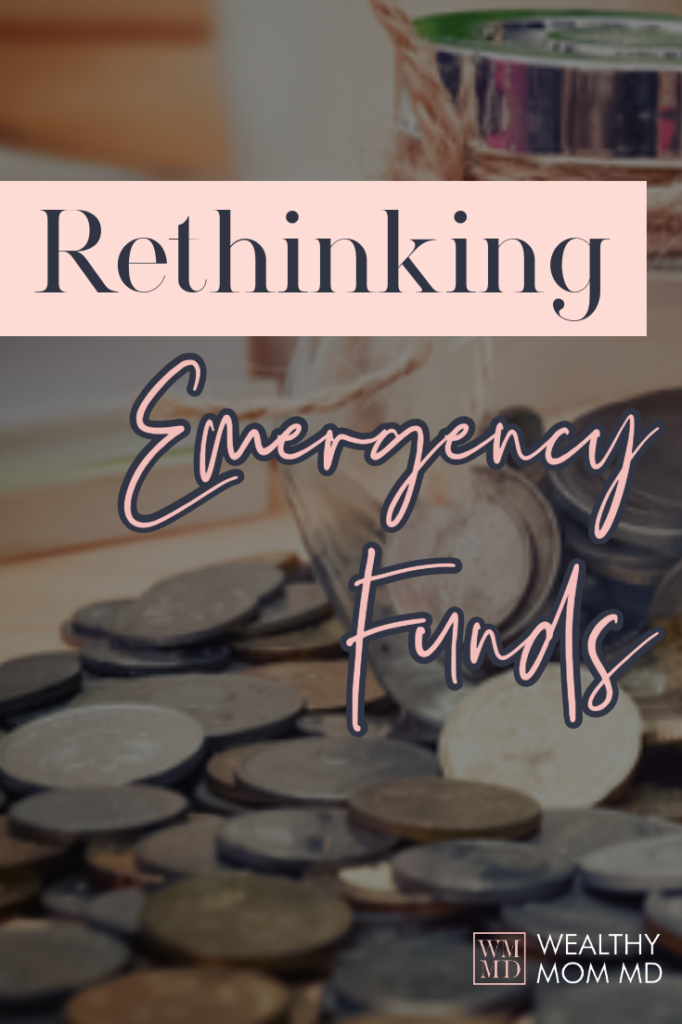Go on any major finance forum or site and the old adage is to stash 3-6 months of expenses towards an “emergency fund” before investing and saving for other purposes. Let's define an emergency fund first.
Well, that's the problem right there. There are different definitions of what an emergency fund is used for, here are a few:
- Unexpected expenses
- Job loss
- Car issues
- Home repairs
- Medical emergencies
- Pandemic
In my opinion, there are actually very few things that are truly unexpected like job loss and medical emergencies. But even with the latter, one should know their health insurance plan and deductibles and have an idea of what a true medical emergency will cost. If you own a home – home maintenance and occasional repairs are expected and one should have a fund for that. If you have a car, regular maintenance and occasional repairs are also expected and one should have a fund for that. Death, disability and divorce are among the large ticket emergencies but that's what insurance is for.
Dave Ramsey's popular get out of debt plan has saving for a small emergency fund of $1,000 as it's first step before attacking the debt. I think his baby step plan is sound advice in terms of order of attack but doesn't quite fit for high income and stable earners like doctors.

Big Law Investor has a strong argument for why high-income earners don't need a traditional emergency fund, at least right off the bat. And Millennial Money has a nice checklist to help you decide if you need a traditional emergency fund in cash, summarized here with my take on it.
- Do you have a stable job? The good news is that physicians have incredible job stability.
- Ability to have additional income opportunities. Most physicians can easily hustle to work extra shifts and moonlight if there is a need for more income.
- Investments you could sell if you needed. Never a good idea to withdraw from your retirement accounts, but many of us have a taxable account that we can draw upon. I never recommend taking out a loan from your 401(k), but it can be tapped in true emergencies.
- Quality insurance coverage. I always recommend insuring against financial catastrophes only (life, disability, divorce, liability, auto, home)- doctors can generally self-insure the rest (like, you don't need to buy that insurance for your phone). In addition, most of us (really, all of us should) have disability insurance but most have a 3-6 month waiting period to get benefits. This is definitely a reason to have at least that much saved in expenses to get you through that waiting period.
- High credit card limits. Most of us can leverage our available credit in true emergencies until we can figure out how to obtain the money (extra shifts, investments, etc). Obviously going into a credit card is never a good idea, but they are available if need be.
So what am I doing?
We are currently debt-free (2019). We have 1-2 months of expenses in our checking account and “the rest” in our taxable brokerage account at Vanguard. We invest aggressively 90/10 stocks/bonds. We just consider it a part of our overall portfolio. We have enough that it'll still be more than sufficient if the market drops and we need to pull some out.
However, our first likely source of “cash” might be a loan against our eQRPs, our self-directed retirement account that we use to invest in real estate.
The beauty of personal finance is the personal part. Guidelines are nice, but one should really examine and question if the advice is right for you.
How much is in your emergency fund? What is it for?

Get the bestselling book - Defining Wealth for Women.



